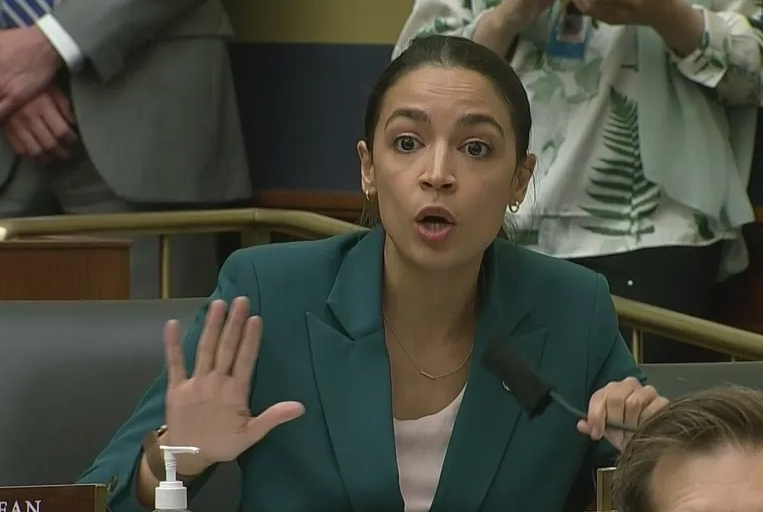Oliver Wiseman writes for the Spectator about the campaign to remove left-wing politics from investing.
For more than thirty years, Scott Adams has captured the absurdity and humor of office life in his popular syndicated newspaper cartoon strip “Dilbert.” The title character, an oblong-headed, cubicle-dwelling everyman, is one of the most familiar cartoon characters in America, but last September he vanished from more than seventy newspapers.
Shortly before Dilbert’s partial disappearance, his opinionated creator had set his sights on ESG. Adams’s views on the vogue for “Ethical, Social and Corporate Governance” investment strategies weren’t exactly difficult to discern. In one strip, for example, Dilbert asks, “What is this ‘ESG’ thing I keep hearing about?” His sidekick Dogbert offers a definition: “Imagine if a crooked politician and a crooked financial advisor got married and had a baby.” “So… ESG would be that baby?” “Only if it is colicky and has firehose diarrhea.” …
… Unsurprisingly for a piece of UN jargon that has become part of the political cut and thrust, “ESG” is often used to mean different things. Properly defined, it refers to an investment strategy that factors in environmental, social and corporate governance considerations. That might mean not investing in oil and gas companies, for example. Or it might mean only investing in companies that have a stated commitment to diversity, equity and inclusion. As it has grown in infamy, the acronym has also come to refer not only to investment products billed as ESG, but to other practices through which investment firms use their customers’ money to push political ends. For example, your pension may not be invested in an ESG fund, but the manager of that money may still be using stocks owned on your behalf to pursue political goals. A third, even broader, meaning is as a synonym for woke capitalism: a broad catch-all for big business’s embrace of bien pensant opinion, particularly on the environment.

